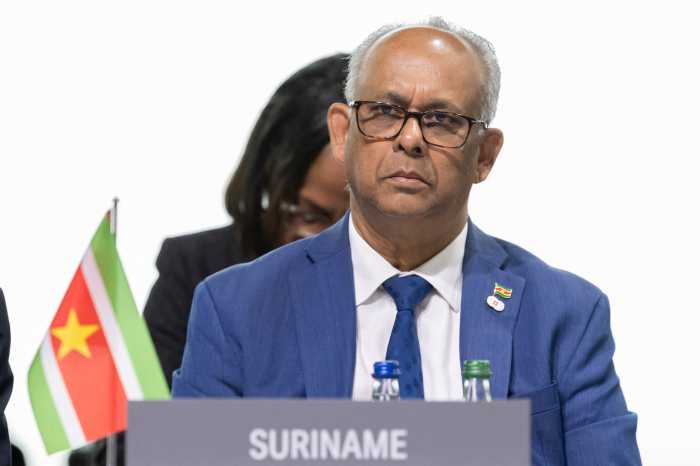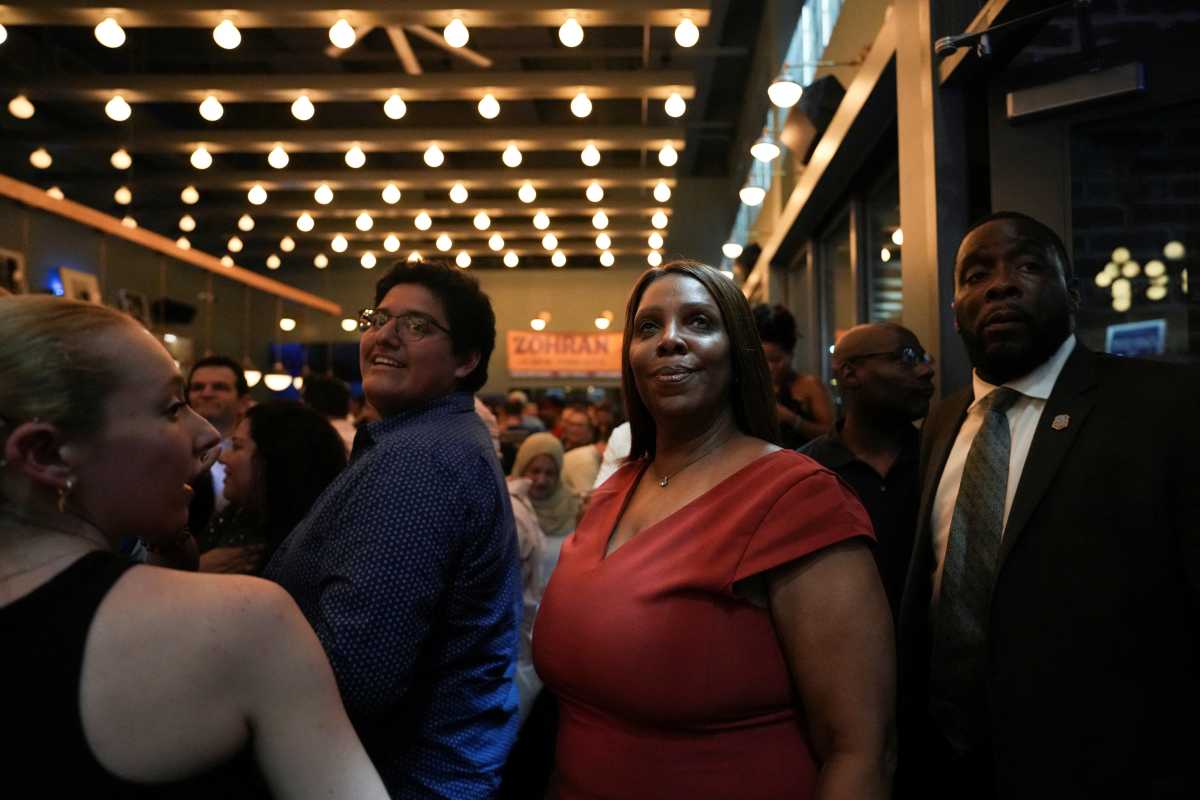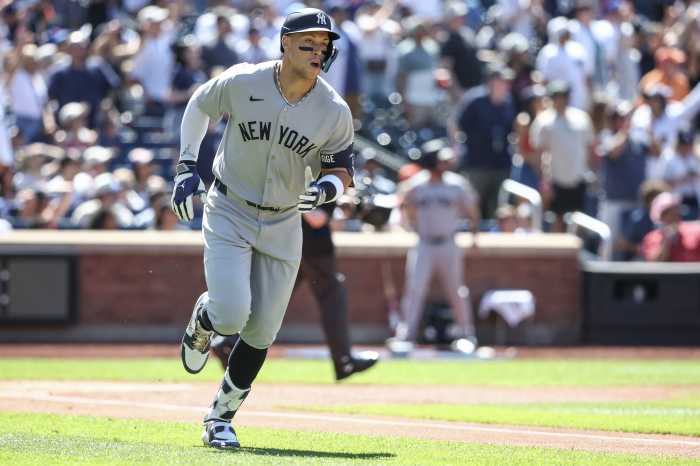Caribbean community leaders were expected to assemble in the Eastern Caribbean island of Antigua this week for their main annual summit with tough issues such as reparations or making Europe pay for enslaving millions of Africans, restructuring the integration movement and fixing stalled free trade negotiations with Canada as key agenda items.
When they finally take to the stage for the formal opening ceremony that usually includes cultural presentations and speeches by the incoming, outgoing and at least two other speakers, the prime minister at the helm would be Gaston Browne who just three weeks ago won a landslide victory at general elections with all but three of the 17 contested seats.
Officials say that Browne would have to be astute and strict with the chairman’s gavel as the agenda is packed with key items, presentations and formal meetings including those with Spanish Prime Minister Mariono Rajoy and Jose Miguel Insulza, the secretary general of the 35-nation Organization of American States based in Washington.
Like other heads of government conferences, this summit has been preceded by a series of high level meetings including one involving bloc trade ministers who met at the weekend in a bid to iron out stalled negotiations with Canada as well as foreign ministers who were slated to meet as the week began ahead of the main plenary sessions that begin on Wednesday.
The summit actually starts with Tuesday night’s formal opening ceremony. Plenaries were due to begin Wednesday and run until late Friday. In normal circumstances, leaders meet twice yearly with the July session being the main one and the other either in February or March being largely considered as the half yearly review meeting.
The bloc said that trade ministers were unable to come up with recommendation to resolve the impasse with Canada after five years of talks and now hope that leaders could find a way to break the deadlock in the coming weeks. Officials say this is the last line of hope for a situation that has dragged on incessantly since 2009.
To break the deadlock, outgoing bloc chairman Ralph Gonsalves of St. Vincent had written Canadian Prime Minister Stephen Harper asking for a meeting with him to deal with the issue but no date has as yet been set, leading to angry speculation that negotiations could be abandoned altogether.
Officials said that various countries have different positions on the talks with the main fear being that many of the countries have little to export, little interest in two-way free trade and would be swamped by cheaper Canadian goods entering a duty free system, hence their lukewarm approach to negotiations.
Meanwhile, the prime ministerial sub-grouping on reparations that is led by Freundel Stuart of Barbados is expected to brief leaders on the state of play and to present a draft letter of demand for payment to Britain, The Netherlands and other nations later in July. The letter would be served on European capitals once approved by leaders.
The bloc said that leaders are also to review a report on a strategic plan drawn up two years ago on restructuring operations of the community to “move it forward and reignite the flames of regional integration.” The session with Spanish Prime Minister Rajoy Brey is scheduled for Wednesday.




















